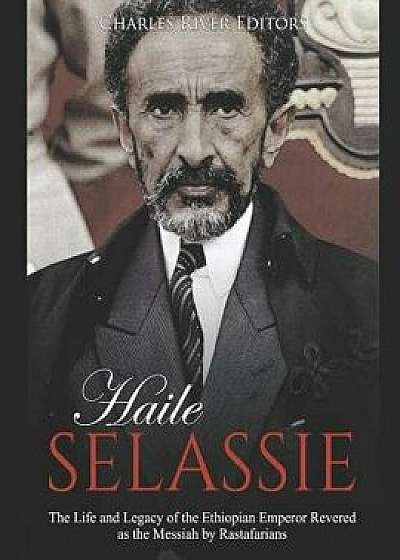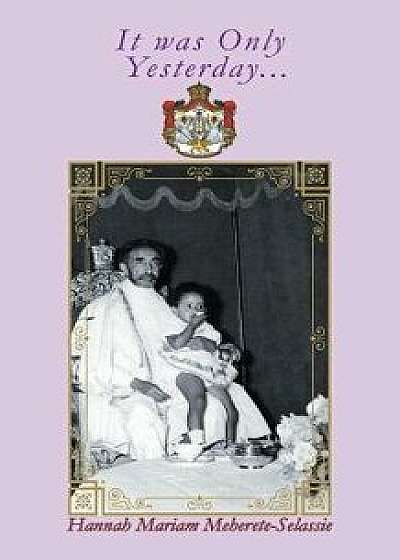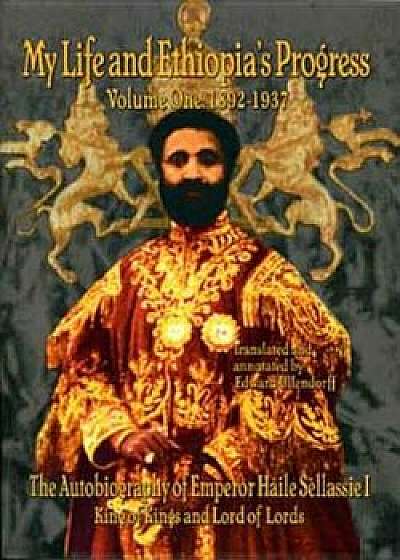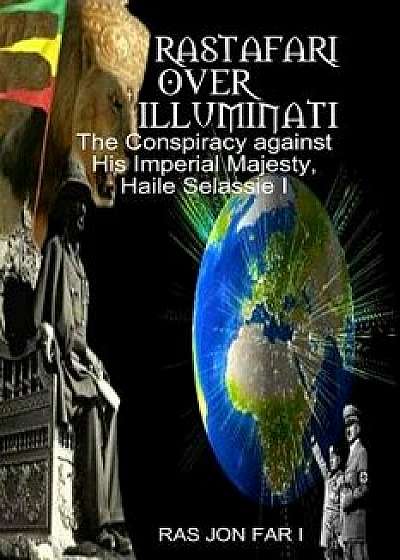
Haile Selassie: The Life and Legacy of the Ethiopian Emperor Revered as the Messiah by Rastafarians, Paperback/Charles River Editors
Descriere
Description Includes pictures Includes online resources and a bibliography for further reading"By virtue of His Imperial Blood, as well as by anointing He has received, the person of the Emperor is sacred. His dignity is inviolable and His power indisputable." - Article 4 of the revised Constitution of Ethiopia (1955) The modern history of Africa was, until very recently, written on behalf of the indigenous races by the white man, who had forcefully entered the continent during a particularly hubristic and dynamic phase of European history. In 1884, Prince Otto von Bismarck, the German chancellor, brought the plenipotentiaries of all major powers of Europe together, to deal with Africa's colonization in such a manner as to avoid provocation of war. This event-known as the Berlin Conference of 1884-1885-galvanized a phenomenon that came to be known as the Scramble for Africa. The conference established two fundamental rules for European seizure of Africa. The first of these was that no recognition of annexation would granted without evidence of a practical occupation, and the second, that a practical occupation would be deemed unlawful without a formal appeal for protection made on behalf of a territory by its leader, a plea that must be committed to paper in the form of a legal treaty. Before World War II, few in the West had ever heard of Abyssinia, and fewer still could point to a map and tell precisely where it was. On the eve of that war, in the autumn of 1935, as the forces of imperial Italy prepared to invade the sovereign territory of Ethiopia, the leaders of the Allies brimmed with sympathy for the imperiled African kingdom but offered nothing in the way of practical assistance. Rallying his subjects against the invaders was Negus Negusti, the "King of Kings," Emperor Haile Selassie, the last ruler of the great Solomonic Dynasty of Ethiopia. The Italians, led by Benito Mussolini, were practically unassailable at that point, and while a bold resistance was mounte











